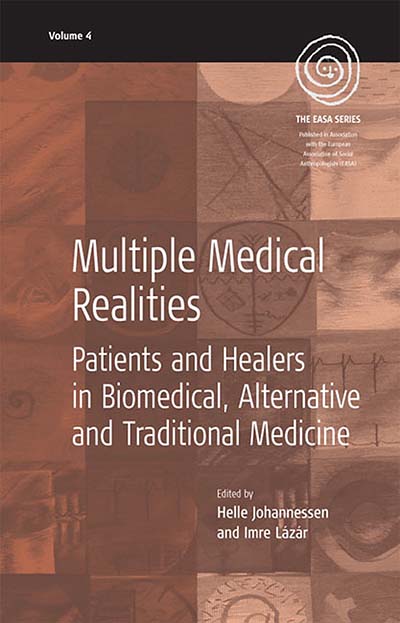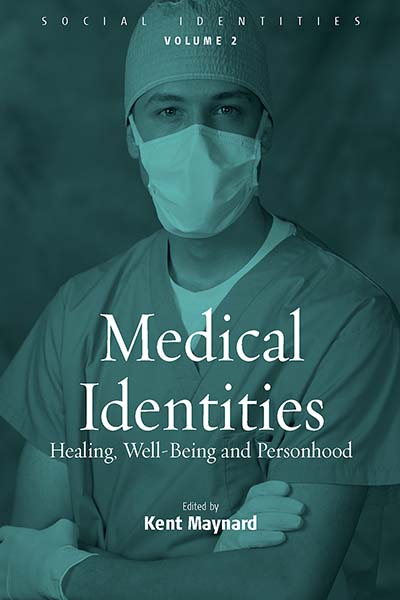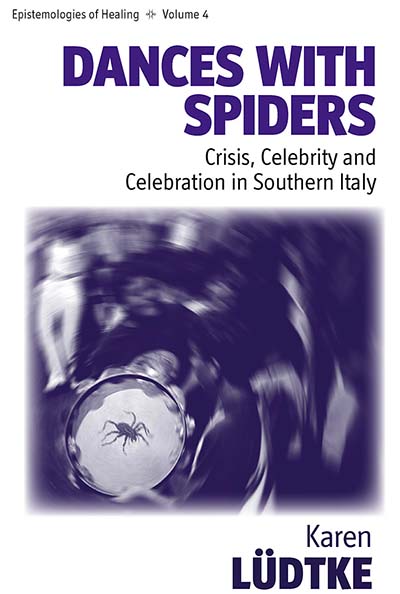
Series
Volume 4
EASA Series
See Related
Anthropology JournalsEmail Newsletters
Sign up for our email newsletters to get customized updates on new Berghahn publications.
Multiple Medical Realities
Patients and Healers in Biomedical, Alternative and Traditional Medicine
Edited by Helle Johannessen and Imre Lázár
Preface by Thomas Csordas
224 pages, index
ISBN 978-1-84545-026-7 $135.00/£104.00 / Hb / Published (December 2005)
ISBN 978-1-84545-104-2 $34.95/£27.95 / Pb / Published (December 2005)
eISBN 978-1-78920-574-9 eBook
Reviews
“…an intriguing collection of articles exploring medical pluralism and bodily experiences from a largely European perspective.” • American Anthropologist
Description
Nowadays a plethora of treatment technologies is available to the consumer, each employing a variety of concepts of the body, self, sickness and healing. This volume explores the options, strategies and consequences that are both relevant and necessary for patients and practitioners who are manoeuvring this medical plurality. Although wideranging in scope and covering areas as diverse as India, Ecuador, Ghana and Norway, central to all contributions is the observation that technologies of healing are founded on socially learned and to some extent fluid experiences of body and self.
Helle Johannessen had a PhD in anthropology from University of Copenhagen and conducted research and teaching in medical anthropology from the mid-1980s. She was associate professor at the Institute of Public Health, University of Southern Denmark, where she was head of a research unit and a PhD program for social studies in medicine. In her research she studied medical pluralism in Denmark and Europe. She was involved with a comparative study of the use of complementary medicine among cancer patients in Denmark, Italy and India. She died in 2018.
Imre Lazar graduated as a medical doctor from Semmelweis University of Medicine and in 1999 became an expert of occupational medicine. He has a Master's Degree in Medical Anthropology from the Brunel University and a Ph.D. in Behavioral Sciences from the Hungarian Academy of Sciences. Since the foundation of the Institute of Behavioural Sciences at Semmelweis University, Lazar has been teaching in the Medical Anthropology department and in 2004 he became its head. He is also associate professor at the Institute of Communication and Social Sciences, K.roli G.sp.r University of Reformed Church, Budapest.
European Association of Social-Anthropologists (EASA)




